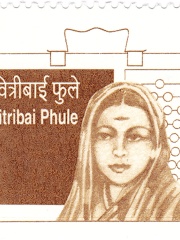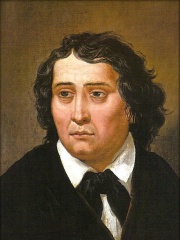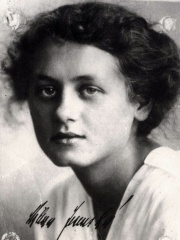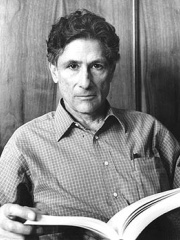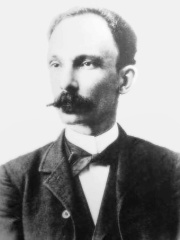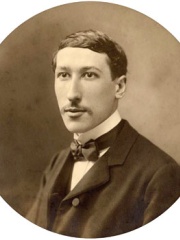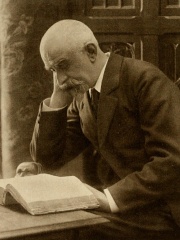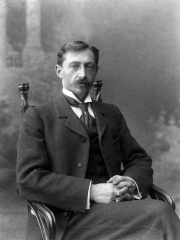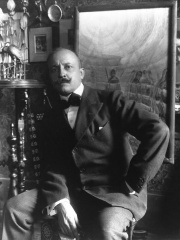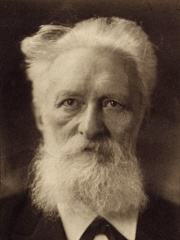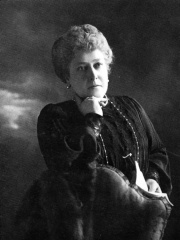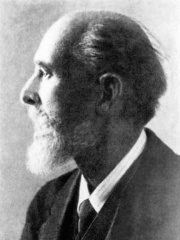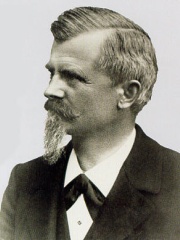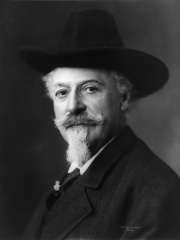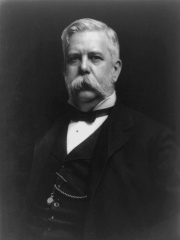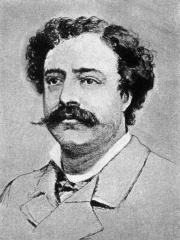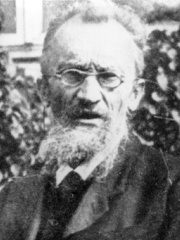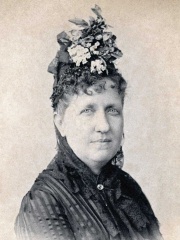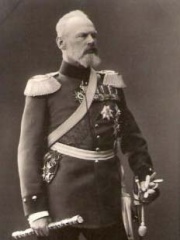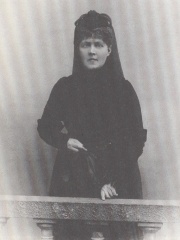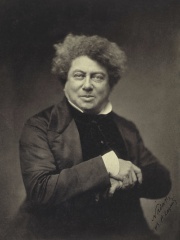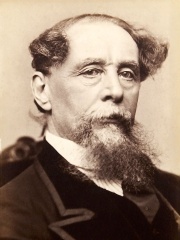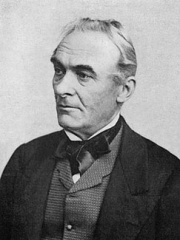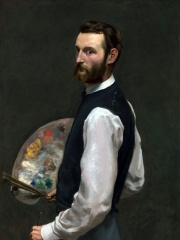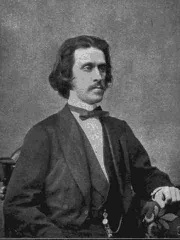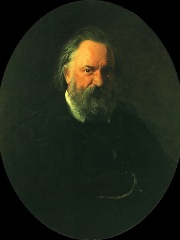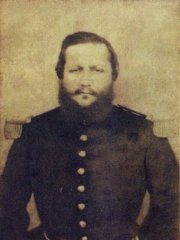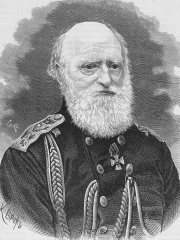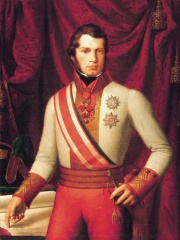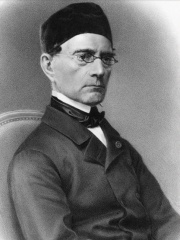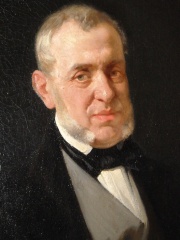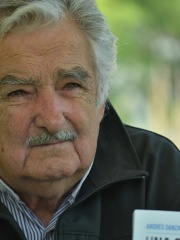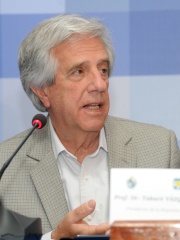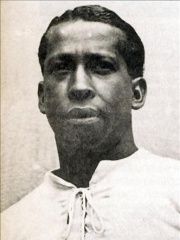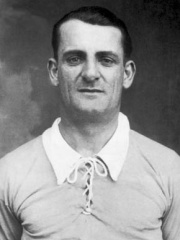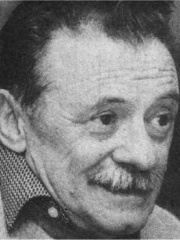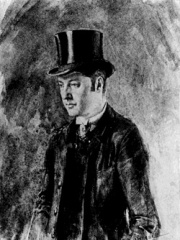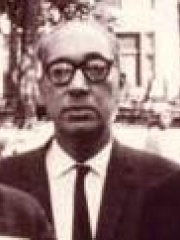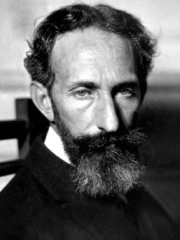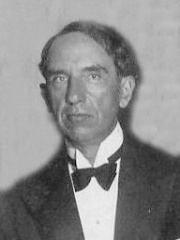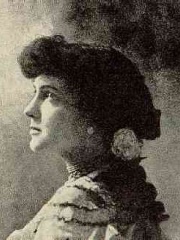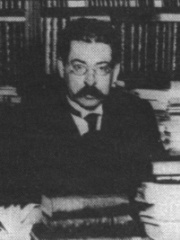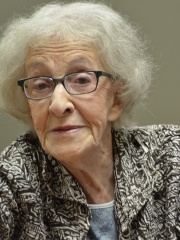Writer
Comte de Lautréamont
1846 - 1870
EN.WIKIPEDIA PAGE VIEWS (PV)
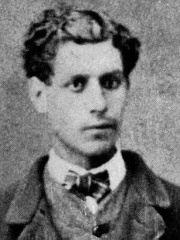
 Comte de Lautréamont
Comte de Lautréamont
His biography is available in 43 different languages on Wikipedia. Comte de Lautréamont is the 482nd most popular writer (down from 446th in 2024), the 3rd most popular biography from Uruguay (down from 2nd in 2019) and the most popular Uruguayan Writer.
The Comte de Lautréamont is most famous for his work Les Chants de Maldoror, a collection of poems and prose poems that was published posthumously in 1869.
Memorability Metrics
Page views of Comte de Lautréamont by language
Among Writers
Among writers, Comte de Lautréamont ranks 482 out of 7,302. Before him are Ken Follett, Savitribai Phule, France Prešeren, Milena Jesenská, Vladimir Vysotsky, and Edward Said. After him are José Martí, René Guénon, Romain Gary, Joris-Karl Huysmans, Ivan Bunin, and Filippo Tommaso Marinetti.
Most Popular Writers in Wikipedia
Go to all RankingsKen Follett
1949 - Present
HPI: 73.12
Rank: 476
Savitribai Phule
1831 - 1897
HPI: 73.12
Rank: 477
France Prešeren
1800 - 1849
HPI: 73.10
Rank: 478
Milena Jesenská
1896 - 1944
HPI: 73.08
Rank: 479
Vladimir Vysotsky
1938 - 1980
HPI: 73.06
Rank: 480
Edward Said
1935 - 2003
HPI: 73.06
Rank: 481
Comte de Lautréamont
1846 - 1870
HPI: 73.06
Rank: 482
José Martí
1853 - 1895
HPI: 73.05
Rank: 483
René Guénon
1886 - 1951
HPI: 73.00
Rank: 484
Romain Gary
1914 - 1980
HPI: 72.97
Rank: 485
Joris-Karl Huysmans
1848 - 1907
HPI: 72.96
Rank: 486
Ivan Bunin
1870 - 1953
HPI: 72.96
Rank: 487
Filippo Tommaso Marinetti
1876 - 1944
HPI: 72.96
Rank: 488
Contemporaries
Among people born in 1846, Comte de Lautréamont ranks 7. Before him are Rudolf Christoph Eucken, Henryk Sienkiewicz, Princess Helena of the United Kingdom, Peter Carl Fabergé, Wilhelm Maybach, and Buffalo Bill. After him are George Westinghouse, Edmondo De Amicis, Wladimir Köppen, Isabel, Princess Imperial of Brazil, Prince Leopold of Bavaria, and Elisabeth Förster-Nietzsche. Among people deceased in 1870, Comte de Lautréamont ranks 7. Before him are Alexandre Dumas, Charles Dickens, Prosper Mérimée, Robert E. Lee, Frédéric Bazille, and Josef Strauss. After him are Alexander Herzen, Francisco Solano López, Ferdinand von Wrangel, Leopold II, Grand Duke of Tuscany, Gabriel Lamé, and Saverio Mercadante.
Others Born in 1846
Go to all RankingsRudolf Christoph Eucken
PHILOSOPHER
1846 - 1926
HPI: 79.85
Rank: 1
Henryk Sienkiewicz
WRITER
1846 - 1916
HPI: 79.31
Rank: 2
Princess Helena of the United Kingdom
COMPANION
1846 - 1923
HPI: 77.31
Rank: 3
Peter Carl Fabergé
DESIGNER
1846 - 1920
HPI: 77.25
Rank: 4
Wilhelm Maybach
INVENTOR
1846 - 1929
HPI: 73.59
Rank: 5
Buffalo Bill
CELEBRITY
1846 - 1917
HPI: 73.42
Rank: 6
Comte de Lautréamont
WRITER
1846 - 1870
HPI: 73.06
Rank: 7
George Westinghouse
INVENTOR
1846 - 1914
HPI: 72.92
Rank: 8
Edmondo De Amicis
WRITER
1846 - 1908
HPI: 72.68
Rank: 9
Wladimir Köppen
GEOGRAPHER
1846 - 1940
HPI: 72.08
Rank: 10
Isabel, Princess Imperial of Brazil
NOBLEMAN
1846 - 1921
HPI: 71.13
Rank: 11
Prince Leopold of Bavaria
NOBLEMAN
1846 - 1930
HPI: 70.40
Rank: 12
Elisabeth Förster-Nietzsche
COMPANION
1846 - 1935
HPI: 68.65
Rank: 13
Others Deceased in 1870
Go to all RankingsAlexandre Dumas
WRITER
1802 - 1870
HPI: 86.83
Rank: 1
Charles Dickens
WRITER
1812 - 1870
HPI: 85.20
Rank: 2
Prosper Mérimée
WRITER
1803 - 1870
HPI: 77.10
Rank: 3
Robert E. Lee
MILITARY PERSONNEL
1807 - 1870
HPI: 75.20
Rank: 4
Frédéric Bazille
PAINTER
1841 - 1870
HPI: 73.54
Rank: 5
Josef Strauss
COMPOSER
1827 - 1870
HPI: 73.21
Rank: 6
Comte de Lautréamont
WRITER
1846 - 1870
HPI: 73.06
Rank: 7
Alexander Herzen
WRITER
1812 - 1870
HPI: 71.88
Rank: 8
Francisco Solano López
POLITICIAN
1827 - 1870
HPI: 71.45
Rank: 9
Ferdinand von Wrangel
EXPLORER
1797 - 1870
HPI: 70.41
Rank: 10
Leopold II, Grand Duke of Tuscany
POLITICIAN
1797 - 1870
HPI: 69.41
Rank: 11
Gabriel Lamé
MATHEMATICIAN
1795 - 1870
HPI: 69.11
Rank: 12
Saverio Mercadante
COMPOSER
1795 - 1870
HPI: 68.08
Rank: 13
In Uruguay
Among people born in Uruguay, Comte de Lautréamont ranks 3 out of NaN. Before him are José Mujica (1935), and Tabaré Vázquez (1940). After him are José Leandro Andrade (1901), Luis Suárez (1987), Eduardo Galeano (1940), Alcides Ghiggia (1926), José Nasazzi (1901), Juan Alberto Schiaffino (1925), Héctor Scarone (1898), Óscar Tabárez (1947), and José Gervasio Artigas (1764).
Others born in Uruguay
Go to all RankingsJosé Mujica
POLITICIAN
1935 - 2025
HPI: 82.11
Rank: 1
Tabaré Vázquez
POLITICIAN
1940 - 2020
HPI: 74.39
Rank: 2
Comte de Lautréamont
WRITER
1846 - 1870
HPI: 73.06
Rank: 3
José Leandro Andrade
SOCCER PLAYER
1901 - 1957
HPI: 71.48
Rank: 4
Luis Suárez
SOCCER PLAYER
1987 - Present
HPI: 70.83
Rank: 5
Eduardo Galeano
WRITER
1940 - 2015
HPI: 70.18
Rank: 6
Alcides Ghiggia
SOCCER PLAYER
1926 - 2015
HPI: 70.14
Rank: 7
José Nasazzi
SOCCER PLAYER
1901 - 1968
HPI: 70.06
Rank: 8
Juan Alberto Schiaffino
SOCCER PLAYER
1925 - 2002
HPI: 69.24
Rank: 9
Héctor Scarone
SOCCER PLAYER
1898 - 1967
HPI: 69.23
Rank: 10
Óscar Tabárez
COACH
1947 - Present
HPI: 68.09
Rank: 11
José Gervasio Artigas
POLITICIAN
1764 - 1850
HPI: 68.01
Rank: 12
Among Writers In Uruguay
Among writers born in Uruguay, Comte de Lautréamont ranks 1. After him are Eduardo Galeano (1940), Mario Benedetti (1920), Jules Laforgue (1860), Juan Carlos Onetti (1909), Horacio Quiroga (1878), Jules Supervielle (1884), Delmira Agustini (1886), Cristina Peri Rossi (1941), Juana de Ibarbourou (1892), José Enrique Rodó (1871), and Ida Vitale (1923).
Comte de Lautréamont
1846 - 1870
HPI: 73.06
Rank: 1
Eduardo Galeano
1940 - 2015
HPI: 70.18
Rank: 2
Mario Benedetti
1920 - 2009
HPI: 65.25
Rank: 3
Jules Laforgue
1860 - 1887
HPI: 65.16
Rank: 4
Juan Carlos Onetti
1909 - 1994
HPI: 63.98
Rank: 5
Horacio Quiroga
1878 - 1937
HPI: 62.43
Rank: 6
Jules Supervielle
1884 - 1960
HPI: 61.89
Rank: 7
Delmira Agustini
1886 - 1914
HPI: 61.81
Rank: 8
Cristina Peri Rossi
1941 - Present
HPI: 60.33
Rank: 9
Juana de Ibarbourou
1892 - 1979
HPI: 59.77
Rank: 10
José Enrique Rodó
1871 - 1917
HPI: 58.77
Rank: 11
Ida Vitale
1923 - Present
HPI: 58.73
Rank: 12

